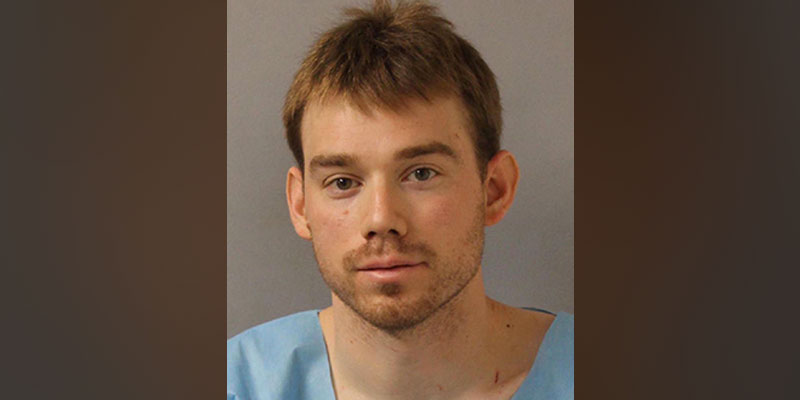In the days that followed a shooting incident at a Waffle House in Nashville, Tenn. – where a 29-year-old Illinois man is alleged to have killed four individuals and wounded several others – a familiar script played out, with the usual calls for stricter gun control laws shouted as strongly as ever.
Just as familiar is our failure to perceive the consistent lesson from these events: Current laws already had mechanisms in place to prevent the bloodshed, and not a single “common-sense gun law” would have made a difference.
Travis Reinking has a long history of mental health problems, including recent run-ins with both state and federal law enforcement. He should long ago been disqualified from firearm possession under federal law:
· Despite being placed on a psychiatric hold after becoming suicidal under the delusion that music star Taylor Swift was harassing him, Reinking wasn’t involuntarily committed to mental health treatment or otherwise judged a danger to himself or others.
· Despite allegedly threatening individuals outside of a public pool with an AR-15 rifle and repeatedly exposing his genitals to lifeguards while screaming “I’m a man!” he wasn’t charged with a crime and his firearms license wasn’t revoked.
· Despite being arrested by the Secret Service for breaching a White House security barrier in an attempt to “set up a meeting with the president,” his case was dismissed after he completed community service.
· Despite Illinois officials properly revoking the suspect’s state firearms license after he complained to law enforcement that people were “tapping into his computer and phone,” Reinking wasn’t reported to the NICS database so that other states would be alerted to the danger he posed.
· Despite Sheriff’s deputies being aware that the suspect’s father had returned firearms to his clearly mentally ill son in the past, they released Reinking’s seized firearms to his father’s possession. The father promptly transferred the guns back to his son, including the semi-automatic rifle used in the killings.
Clearly, there are questions about how this suspect managed to avoid a criminal or mental health history that would have disqualified him from firearm possession under federal law. There are also questions about whether the revocation of his state firearms permit should have been reported to the FBI background check database.
Yet, in many respects, Illinois law worked exactly as intended, and a mentally ill individual who posed a risk of danger to himself or others was disarmed.
The problem, of course, is that neither current law nor any more restrictive laws could have prevented the suspect’s father from returning the firearms to his son, or from procuring new ones for him. Universal background checks, raising the minimum age of purchase to 21, perfect records-sharing between states – none of it would have prevented it.
Nor would prohibitions on “assault weapons”—a made-up term with no bearing on a gun’s lethality—have prevented it. They didn’t prevent Connecticut from experiencing Sandy Hook or California from experiencing San Bernardino.
California has an “A” rating from the Giffords Law Center to Prevent Gun Violence, and has long prohibited so-called “assault weapons.” Yet according to the Mother Jones mass public shooting database, California has experienced far more mass public shootings since 2000 than any other state. Last month’s shooting at a veteran’s home in Yountville was the state’s 10th mass public shooting incident in the last 18 years, compared to just four in Texas and two in Tennessee.
“Assault weapon” bans don’t work because modifying a firearm’s scary-looking features doesn’t make it harder to kill people.
Besides, just 24 hours after the Waffle House incident, a deeply disturbed young man in Toronto killed 10 people and injured another 15 in a horrific act of mass public violence. He needed nothing more than a van to cause twice the amount of carnage incurred in Nashville.
Laws have the power to disarm law-abiding citizens. They can punish those who break the law after the violence has already occurred. But they have no power to prevent an irresponsible parent from re-arming his son with the very guns he agreed to keep inaccessible, and from failing to inform law enforcement that an individual proven to be a danger to himself and others now has firearms.
They have no power to stop a bad guy bent on violence from committing horrific acts, regardless of weapon.
Only a good guy can do that. And it’s safer for him if he’s armed.
Don’t miss out! Subscribe today to have Alabama’s leading headlines delivered to your inbox.
